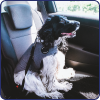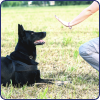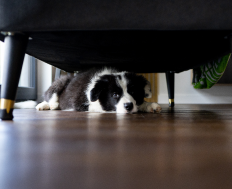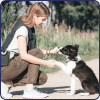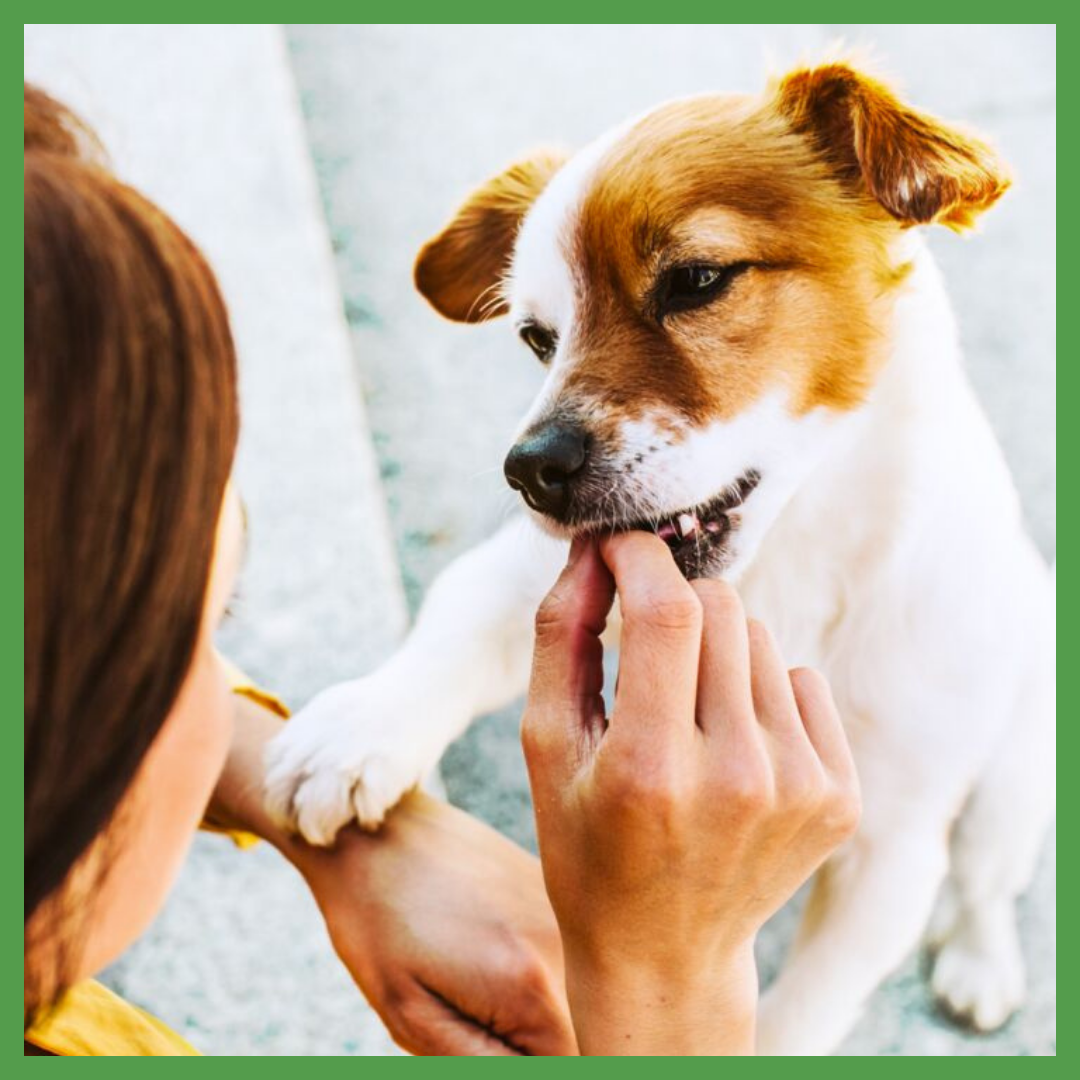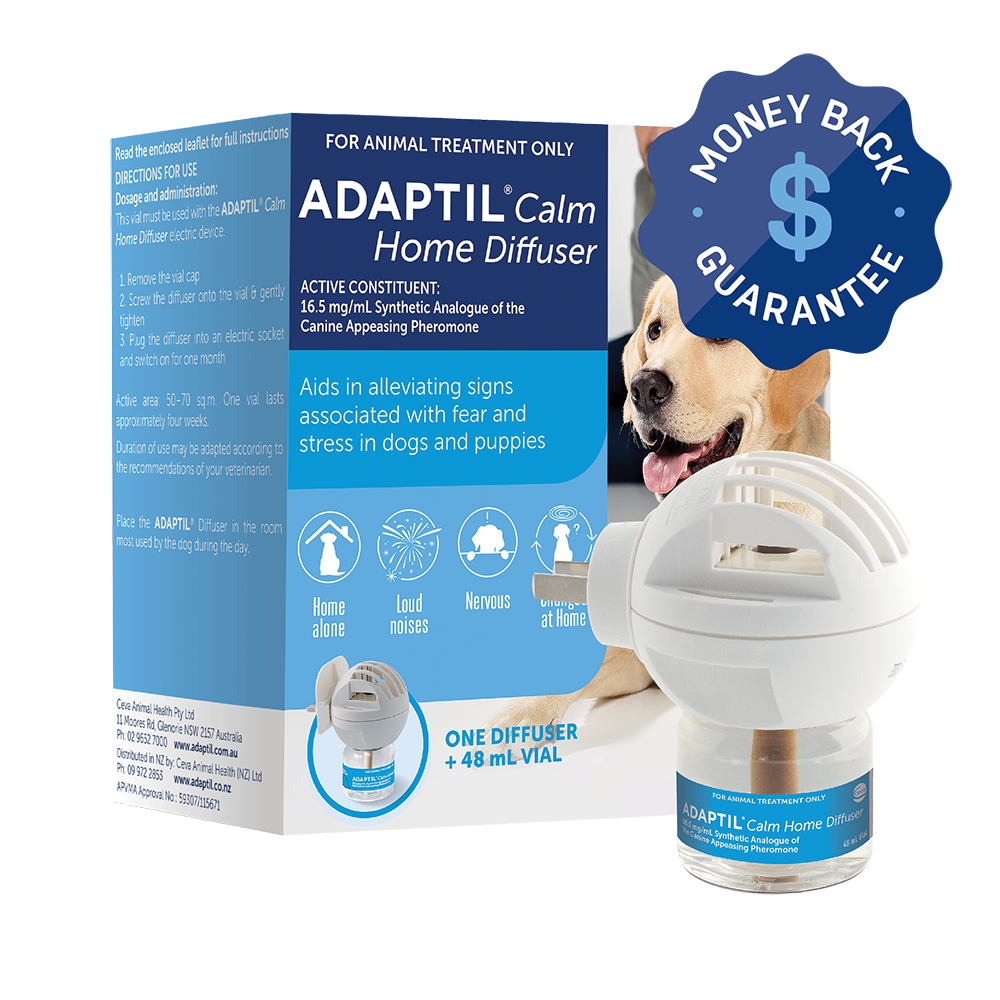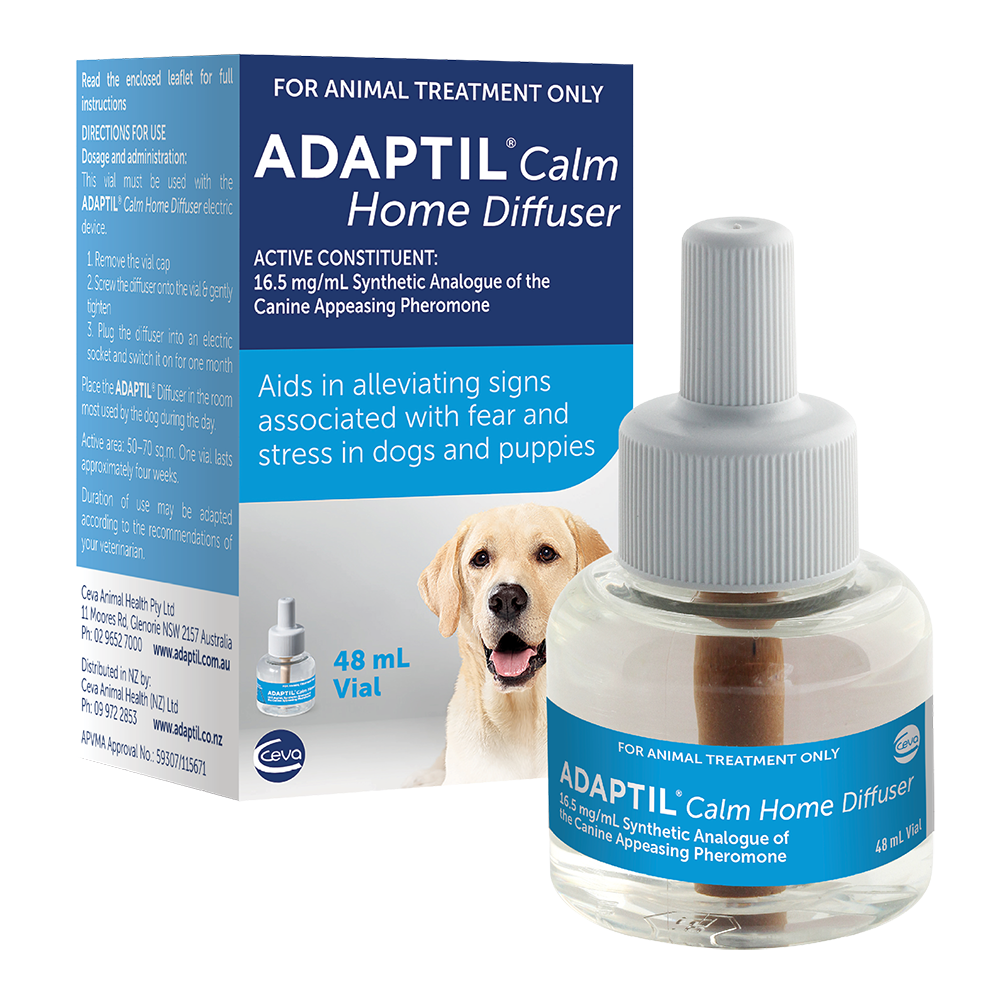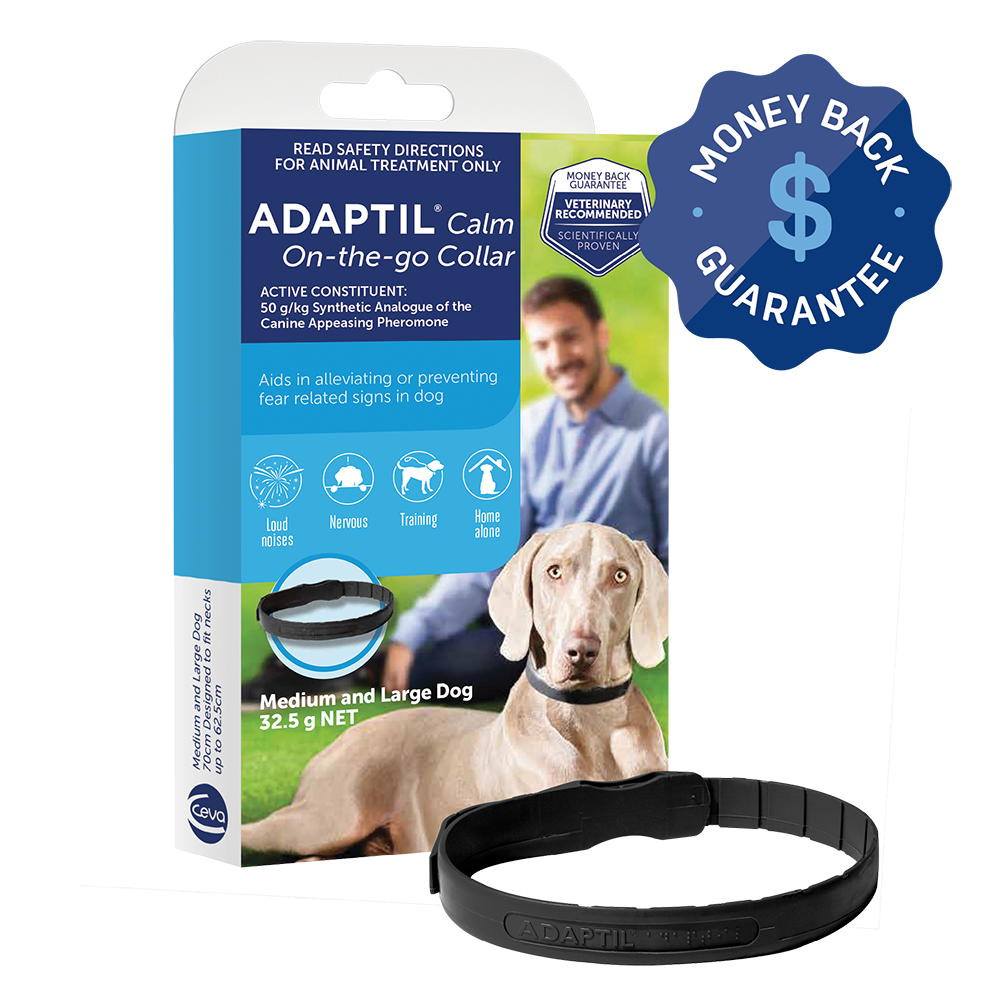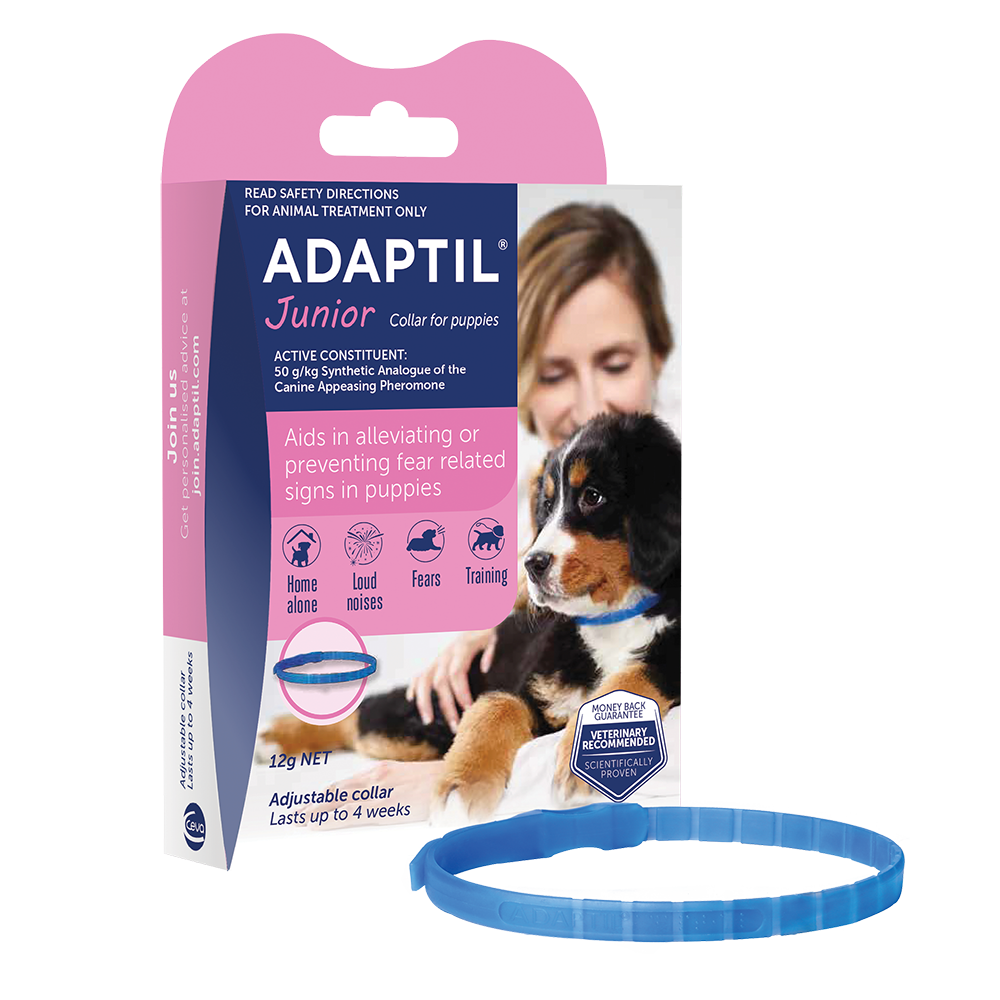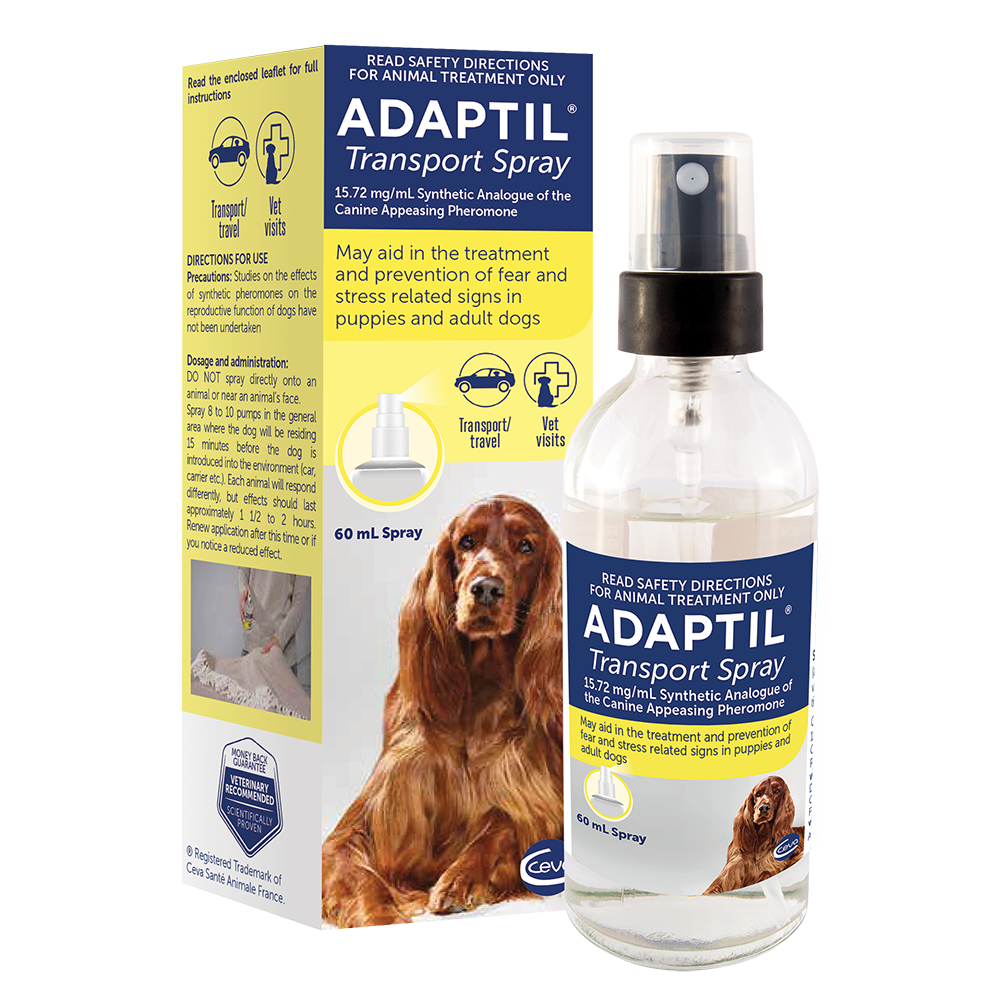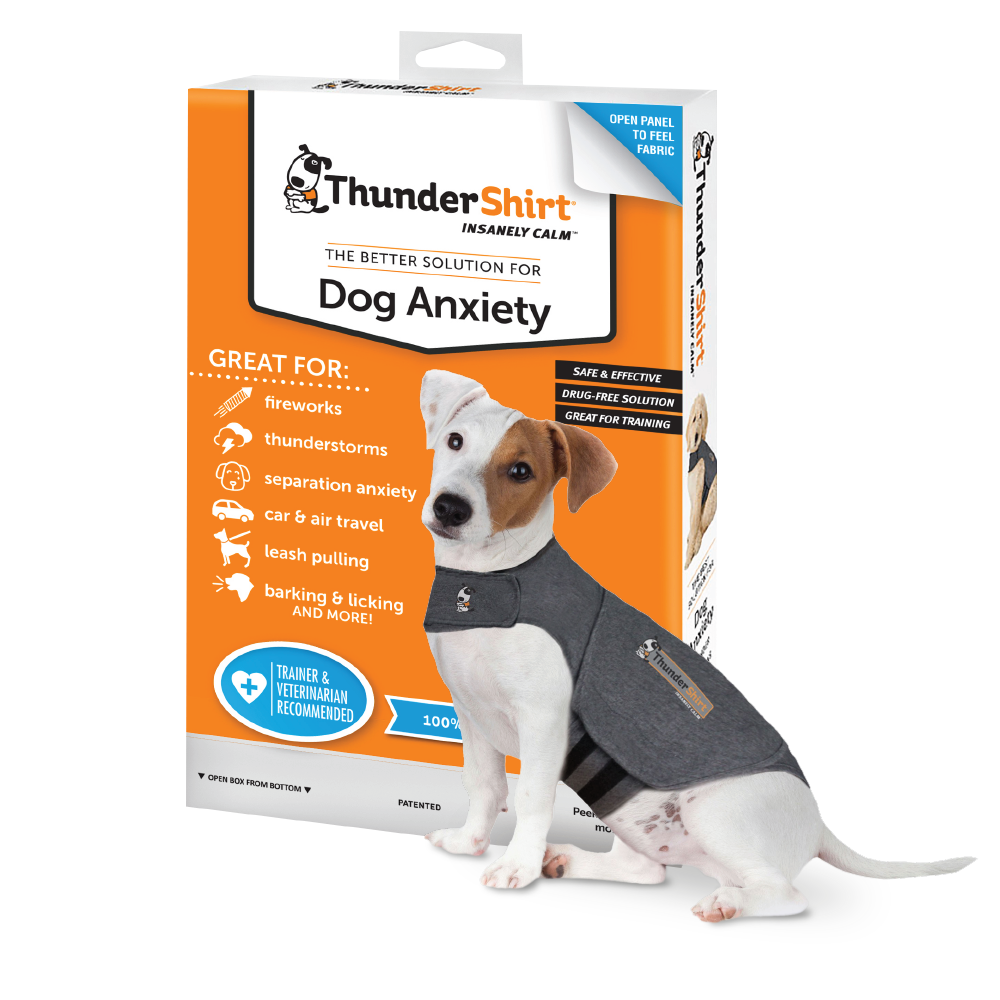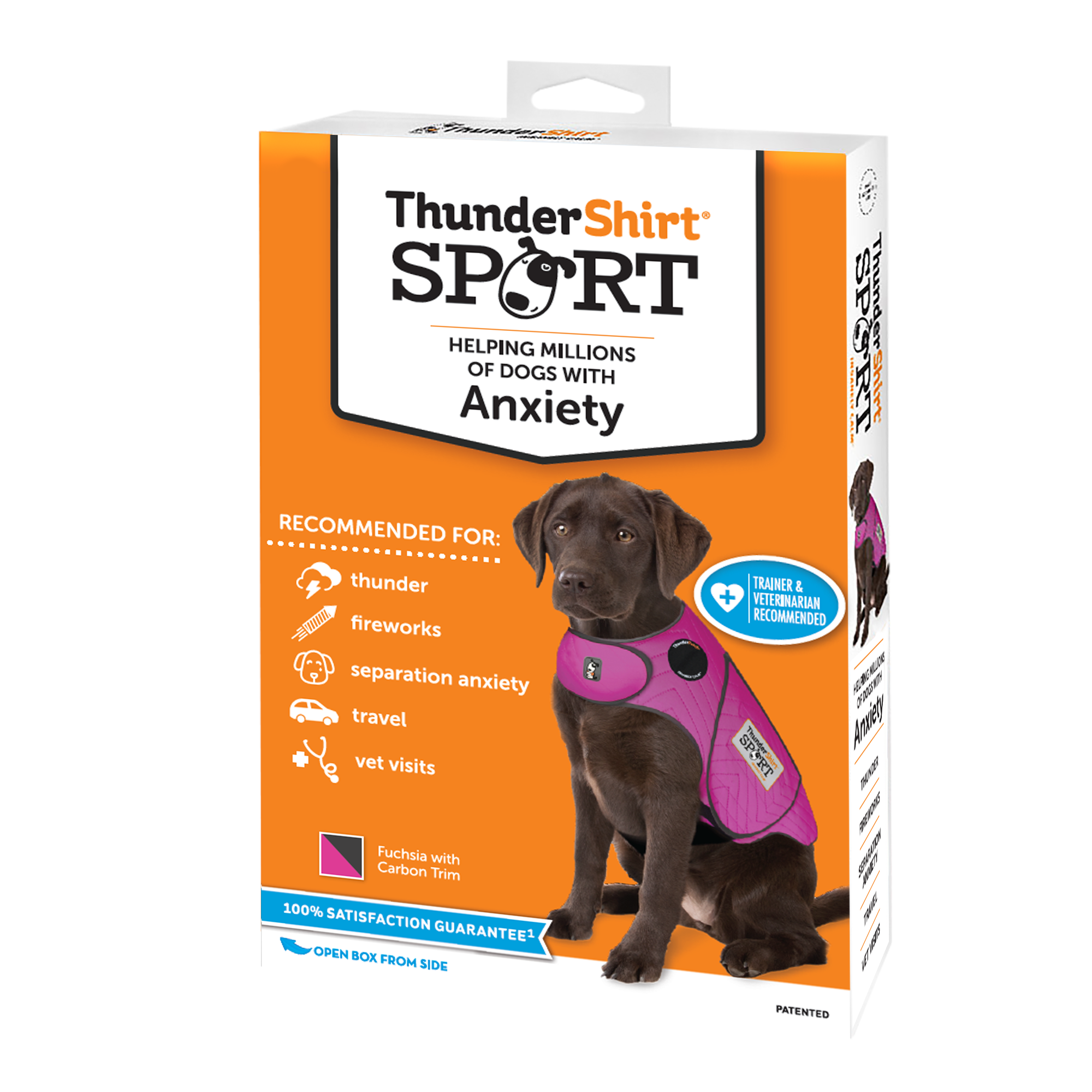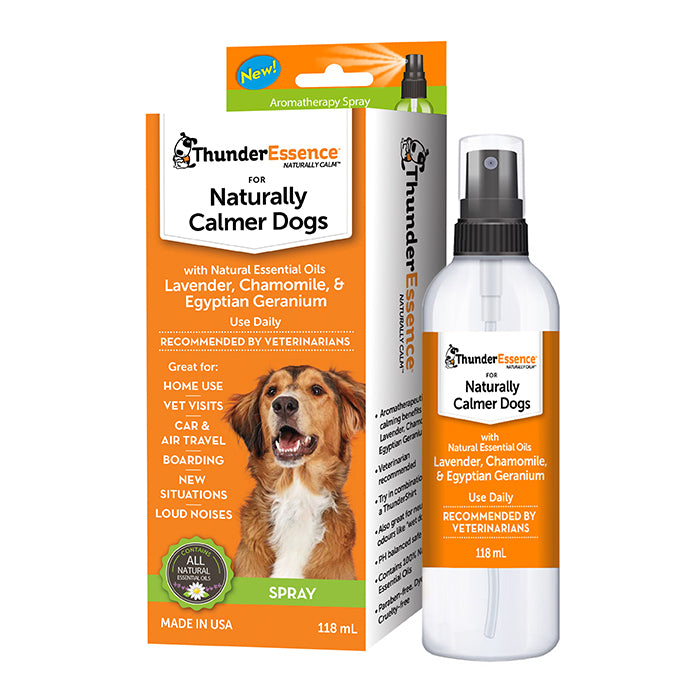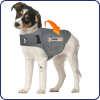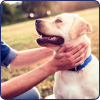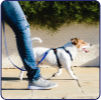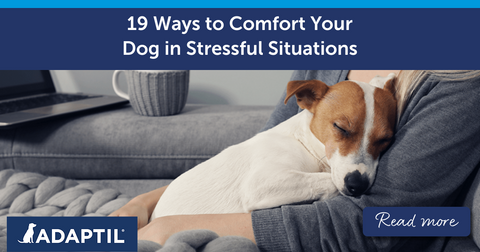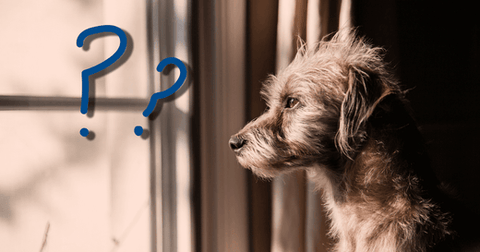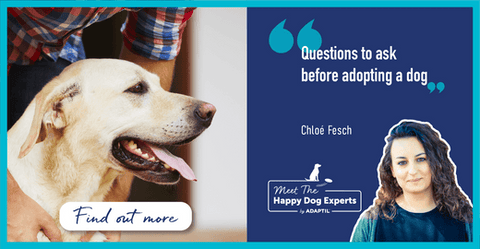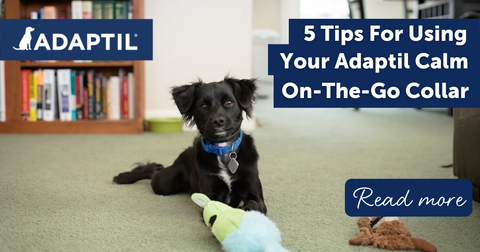Introducing your dog to another, with the intention that they spend a long time together whether on walks or even at home requires a lot of consideration and planning. Not all dogs interact well with others, but the following tips should help them get along when they meet.
Start by meeting outside on a walk
Walk the dogs side by side with a safe distance between them. The idea is to have quiet walks allowing them to sniff all the stimuli they will find along the way, which will keep them distracted. This way they will get to know each other, watch each other and smell each other, but without too much contact. It is important that the dogs stay relaxed and that you praise all calm and sociable behaviour.
Gradually increase contact
If both dogs are showing positive behaviour when around each other (it is imperative to understand dog's body language), you can start allowing contact but in a relaxed manner; let them get a little closer, then move them away. Always keep walking it is not a good idea to be standing still.
Unleash one dog at a time
If there has been contact already and the dogs stay calm in the presence of each other, you can have one of the dogs off lead, or both of them. There is no specific rule about which dog should be unleashed first as all pairs of dogs are different but, generally speaking, choose the most relaxed or the dog with best communication skills.
Once relaxed, unleash both dogs
If the dogs have shown no sign of hostility, start to introduce both dogs off leash. At this moment, they will possibly start playing together, which is a positive sign. But it's important to bear in mind:
- The dogs must have breaks during playtime,
- If one of the dogs is getting too overbearing, you should step in, separate them and take control of the interaction so it does not lead to conflict.
Move the interaction to an enclosed area
Once the dogs have met in a calm place outside and are getting along well, you can now take them to an enclosed area or your home. But first, make sure that you have put away all the objects that can be a source of conflict, like resting areas, food, and toys and provide the right attention to help keep the dogs calm and relaxed.
Following these steps should help encourage safe, calm and enjoyable interactions for both you and the dogs. But keeping their environment conflict-free takes consideration and care. To help foster a calm environment for the dogs, it's important to:
Manage the way you give them attention
Dogs like to feel loved and valued. So it's not surprising that the amount of attention they receive can be a source of conflict when introduced to other dogs.
The key is:
- If the dog asks for attention and you want and are able to give it to them, do so.
- If they ask for attention, but you are unable to give it to them, give verbal feedback immediately, like not now combined with a visual signal. This will help them manage frustration because they will know right after they have asked, whether they are going to get attention or not.
Put away objects that can a source of conflict
Dogs can be protective over their belongings, so it's important to hide any objects that might cause conflict between the dogs. For example, food or favourite toys.
Dogs do not understand our rules of possession, where everyone has their own belongings and we must ask for permission to use something that does not belong to us. They are drawn to objects that appeal to them, so having objects available can be a source of conflict.
Reinforce good behaviour
As with any social training, reinforcing good behaviour is key to ensuring they continue that behaviour. Praise each dog when they show calm and sociable behaviour towards one another this doesn't have to be a treat or petting. Sometimes simply acknowledging your dog's good behaviour can be enough of a reinforcement to encourage the behaviour.
Ensure all the dogs' needs are met
Whether this is exercise, resting places, food and water, or simply interacting with you ensuring the needs of the dogs' are met is likely to help reduce unnecessary stress and potential conflict.
You can even meet these needs whilst they are together to help reinforce the idea of togetherness and bonding. Try walking them together regularly to help build their relationship.
Give each dog equal affection
All dogs crave the affection of their owners, which can often make it a source of conflict between two dogs. Whether you're returning home after going out, or giving the dogs attention whilst they are separated try to give both the dogs equal levels of affection, and avoid getting over-excited with them as this may cause the dogs to feel competitive towards one another.
Avoid hierarchical terminology
Dogs are incredibly intelligent and will understand your feelings towards them. Terminology based on hierarchy should be avoided as it does not help to build good relationships. Relationships between dogs are complex and one dog is not usually just the 'dominant' type and the other the 'submissive one'. So simplifying their behaviour in this way does not help.
Discover what works for you!
Remember that this is general advice. Every dog and every family is different and not all advice will be valid or appropriate for all of you. If you find the above tips not useful for you, seek help from your vet who can refer you to a certified behaviourist who can work with you and your dogs to tailor a specific plan.


